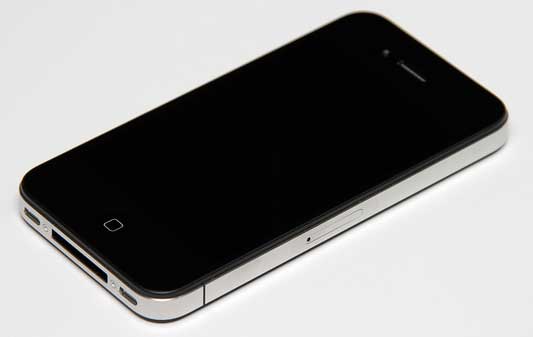UK Prime Minister David Cameron has stated that if he wins the next election he will ban encrypted messaging services that don’t provide a surveillance ‘back-door.’ This includes services like iMessage, and WhatsApp.
It seems that Cameron is going further than other world leaders with his recent statements:
“In our country, do we want to allow a means of communication between people which […] we cannot read?”
He went on to say that “the attacks in Paris demonstrated the scale of the threat that we face” and highlighted the “need to have robust powers” to keep people safe.
Needless to say, the reaction on Twitter from British citizens has not been in favor of Cameron’s proposed changes.
Apple was very vocal about championing the security feature when it launched its new iPhone models in September. This was something for which they drew criticism from the director of the FBI James Comey, who claimed that they were marketing products to criminals.
Even the strongest critics of such services in the US (Including Comey and Attorney General Eric Holder) have never tried to ban the services.
However, governments have long had concerns about these services, which make it impossible for authorities to search through a user’s data or messages – even with a warrant.

